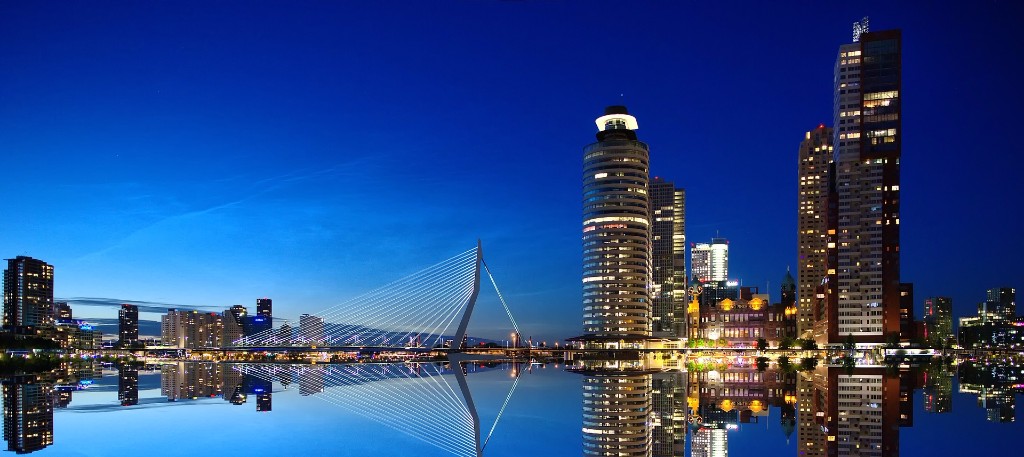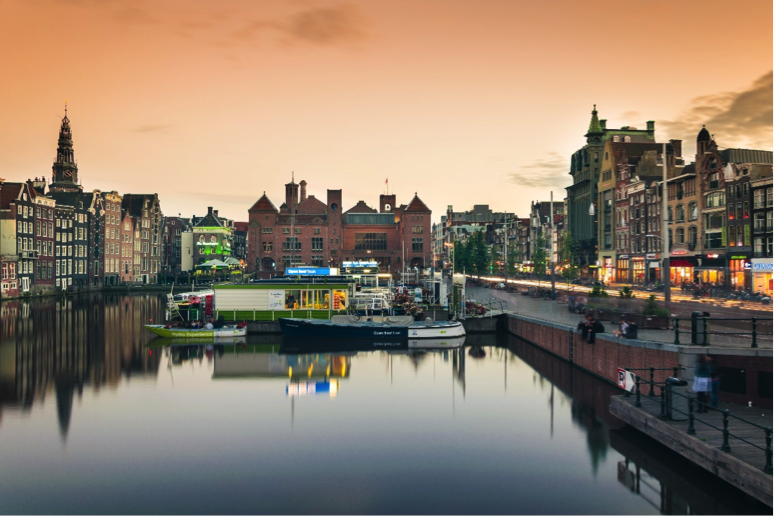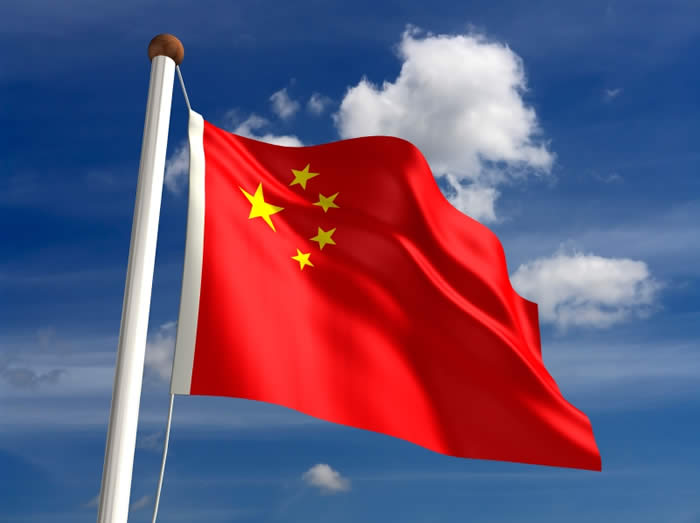Home to one of the world’s busiest ports, the Netherlands is the gateway to Europe. As such, it seems the perfect entry point for halal products to find their way to the continent’s millions of Muslims. However, halal storage and logistics in the port of Rotterdam remain limited.
Halal or not halal?
In 2007, numerous Dutch media outlets reported that Rotterdam port had been declared halal. The city’s former mayor Ivo Opstelten had been handed a halal certificate at the World Islamic Economic Council in Kuala Lumpur. It appears, however, the media got it all wrong.
“Halal storage of goods is possible within the port of Rotterdam, but it is not a priority for the port,” RPA Press Officer Tie Schellekens told Salaam Gateway. He did not know what the 2007 certificate was about or why it had been given.
According to Dr. Marco Tieman, CEO of the logistics consultancy firm LBB International, the port of Rotterdam never received a halal certificate.
“The port had developed a handbook with halal guidelines,” Tieman told Salaam Gateway. “Maybe it received a certificate for that. As far as I know, Eurofrigo is the only certified firm offering halal facilities in Rotterdam.”
Founded in 1978, Eurofrigo is specialized in the storage, forwarding, and customs clearance of temperature-controlled food products. It operates two cooling and freezer facilities in the Rotterdam harbor with a total storage capacity of over 67,000 pallet places. In 1988, the firm became part of Nichirei Corporation Tokyo.
“In those days [2006/2007], Rotterdam liked to promote itself as the biggest halal harbor in Europe,” Eurofrigo’s CEO Derk van Mackelenbergh told SalaamGateway. “But that sounded better than it was. It imported palm oil, but apart from that, there was nothing halal about Rotterdam.”
With five refineries producing vegetable oils, the port of Rotterdam plays a key role in supplying resources to the European food industry. Two of them produce palm oil, which makes up about 30 percent of the world market in oils and fats. They are owned by Malaysian multinationals Sime Darby Group and IOI.
Challenges
“Neele-VAT Logistics was the first logistics firm in Rotterdam to be halal-certified,” said van Mackelenbergh. “Following enquiries from Malaysia and Indonesia, we followed their lead in 2006. The idea was to establish a platform. Together, we could handle halal storage and distribution in both the dry and temperature-controlled markets. But the results have been disappointing.”
Neele-Vat Logistics is a major Dutch logistic service provider with a presence across Europe. The firm employs some 500 people and has an annual turnover of some 230 million euros.
“We invested some 300,000 euros to be halal-compliant, but it turned out that importers didn’t want to pay more,” Rene Bongers, CEO of Neele-Vat Logistics, told Salaam Gateway. “For seven years the process only cost us money and so for the past three years we are no longer focused on halal.”
The firm is no longer halal-certified but Eurofrigo still is. All halal products are stored separately to prevent cross-contamination, while all its employees have attended a special halal training course.
“We’ve invested quite some time and money on certification and facilities,” said van Mackelenbergh. “So far it brought us a lot of publicity, but little business. We handle a lot of chicken coming from Brazil. However, halal as a percentage of our total turnover remains negligible.”
Opportunities
One way to enhance halal business activities in the port of Rotterdam is by improving statistics. “We’re convinced that there are considerable quantities of halal products imported from outside the EU, which is all potential business for us,” said van Mackelenbergh. “However, halal is not an official category in the port’s statistics and so it is almost impossible for us to find out how much of what came from where.”
In addition, very few halal products are exported. For example, the Netherland’s biggest halal producer, Pure Ingredients, distributes its frozen snacks mainly by truck in the country, Belgium, France and Germany, while domestically butchered halal meat is for local consumption.
Tieman believes Rotterdam and Eurofrigo should wait for business to pick up, both in terms of import and export. “Rotterdam and the Netherlands arrived early on the halal scene. Perhaps too early,” he said.
The number of Muslims is set to reach 10 percent of the total EU population by 2030, while the average Muslim consumer is likely to become more halal conscious.
“The difficulty of halal logistics is the last mile,” said Tieman. “In terms of import, the flow of halal goods to European consumers is limited, which results in relatively high transport costs. Innovation in the form of special transport boxes can offer a solution.”
“In terms of export, Asia is an important export destination and demands halal certification,” he said. “As more and more factories in Europe seek halal certification, distribution of halal goods will increase and, consequently, the demand for halal logistics.”
About the port of Rotterdam
The port of Rotterdam is Europe’s busiest. Handling 466.4 million tons of cargo in 2015, Rotterdam moved more than twice as many goods as Europe’s second biggest port, Antwerp, and more than three times as many as Hamburg.
Most cargo—over 300 million tons—consisted of dry and liquid bulk, nearly two thirds of which were crude oil and oil derivatives.
The container port handled some 126.2 million tons.
From Rotterdam goods reach over 500 million consumers by boat, train or truck. Included in this number is an estimated 19 million Muslims in the European Union (EU), as of 2010, according to Pew Research.
The Rotterdam Port Authority (RPA) in 2015 recorded a turnover and profit of 676.9 million euros and 211 million euros respectively.


